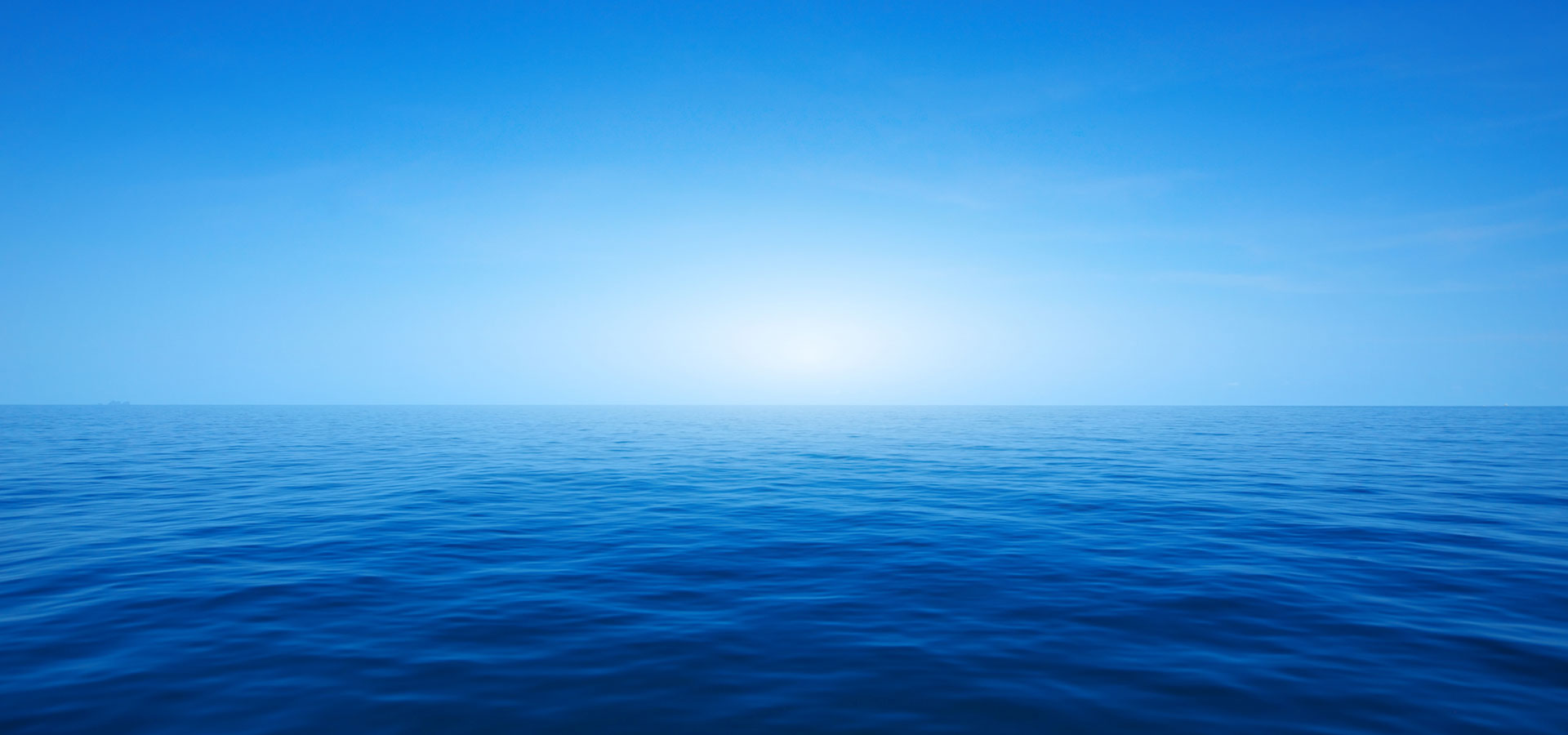
Thirsty For Change
One billion people without access to clean water and 80 billion plastic bottles sold annually
Access to clean water is one of the most complex global issues that humanity faces today. On one side of the equation there are the haves–the billions who take it for granted, waste it, and pay too much to drink it from plastic bottles when they can access it for free. On the other side, there the nearly 1billion have nots in the developing world who don’t have access to clean water. Put another way, the average American uses about 100 gallons of water per day and the average African uses just 12 gallons a day. Don’t you think this has to change?
THE HAVES
The problem started with the French, when Perrier and Evian convinced their fellow countrymen to switch from free-flowing water out of the tap to labeled bottles that cost up to $5 a gallon. They started a global marketing war that inspired the creation of hundreds of bottled water brands claiming purity and substance, with hundreds of millions of marketing dollars driving the purchase of some 80 billion plastic water bottles that all get thrown into the waste stream. The plastic industry loves the water folks. Let’s ignore the enormous waste of dollars, the waste of energy and raw materials, our insatiable desire for convenience and instant gratification and just look at the basic human stupidity. Brilliant marketing has led us all to believe bottled water is cleaner, safer, and healthier than its counterpart. In a recent report, 20/20 took five national bottled water brands and a sample of tap water from a drinking fountain in the middle of New York City and sent them to a microbiologist for testing at the University of New Hampshire. It’s no surprise that the tests came back showing no difference between the tap and bottled waters. In a blind taste offering, people in New York City tested tap water and five other bottled waters, and tap water came out on top for taste. So if you’re buying bottled water because you think it’s healthier than tap water, test after test shows no evidence supporting that claim. And if you’re buying bottled water because you think it tastes better, you’ve been had by the world’s biggest marketing coup. There needs to be a total rethink on the whole issue as restaurants are offering filtered tap water in beautiful glass bottles, and in-home filtration systems are gaining popularity.
THE HAVE NOTS
Clean water is a key foundation for a healthy life. It’s a basic human need, yet around the world far too many people spend their entire day searching for water. Clean, safe drinking water is currently out of reach for over 1 billion people in the developing world. It makes no sense that more people have access to a cell phone than to clean water. With approximately 3.6million people dying annually from water-related diseases, this situation needs to be reversed. There is no shortage of amazing not-forprofits like water.org, winetowater.org and charitywater.com bringing the issue to the public eye and making a significant difference. And like any major issue, the ingenuity and scale of corporations engaged in the issue will drive change. Ethos is a valiant attempt to connect sales to social responsibility–but they could give and do far more for the issue given that their entire proposition rests on attacking the issue. But to be fair, they are like every other bottled water brand making money by repackaging something we should all have access to. Like 1% for the Planet, the major water brands who have an abundance also have a responsibility to come together to fight the issue on behalf of the have nots. Imagine what could be done if all of the bottled water brands worked together to address the issue.
UNCOMMON SENSE OBSERVATIONS
- Invest in a basic faucet filter.
- Branded bottled water is not healthier or safer for you.
- Stop paying for branded bottled water that costs close to $5 a gallon when tap water is virtually free.
- Calculate how much money you’d save if you stopped buying bottled water.
- It’s time for the bottled water brands to take a significant portion of their profits and invest in a coalition to provide water for the have nots.
- Let’s start a global water fund where every restaurant and every bottled water brand contributes to sustainable water projects.


Uncommon Person: Chad Hutson

Our Internal Learning & Impact at Bulldog Drummond

The One Decision by Employers in 2021 that Means Everything

What I Wish I Knew

Standing Up Inside

Uncommon Person: Gregg Imamoto

Five Things Every Company Should Know about ESG

Redefining Value

Uncommon Person: Chris Baréz-Brown

It’s Time For A Whole Lotta Common Good

Did You Choose Humanity?

Uncommon Partnership: Violux

Here’s How

Uncommon Person: Santhosh Nair

Designing Strategy For A Complex World

Responsibility & Relevance for Brands

